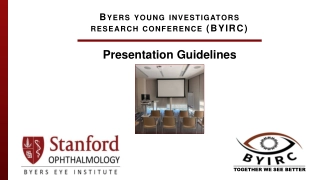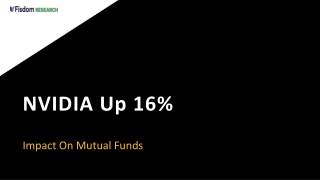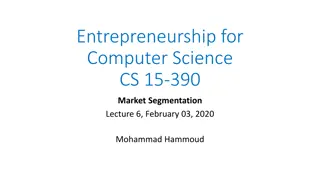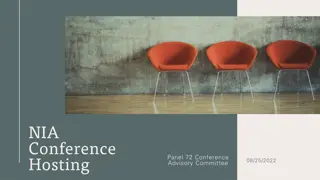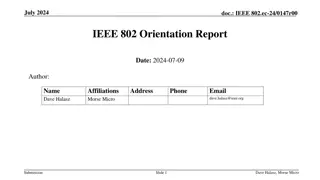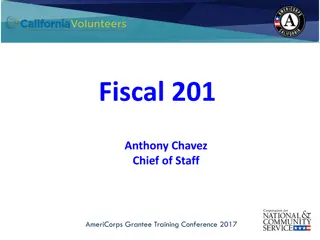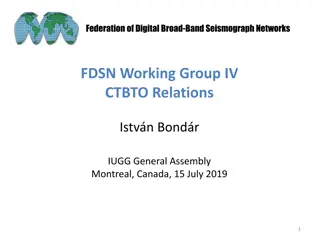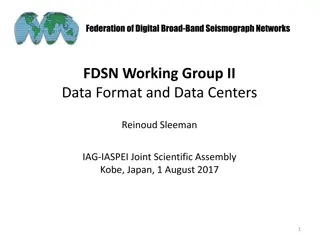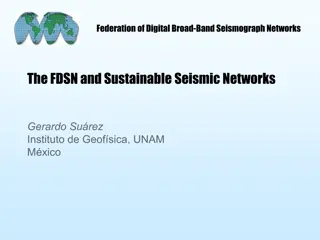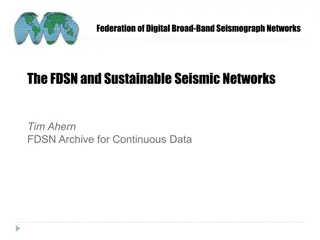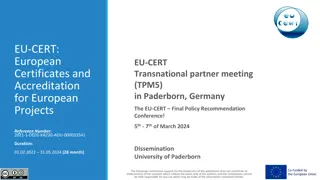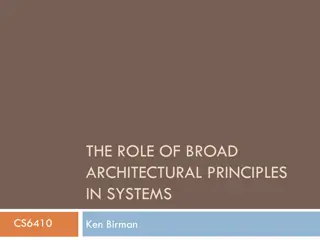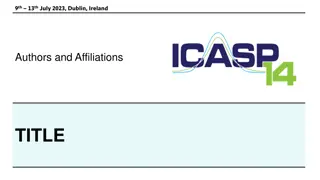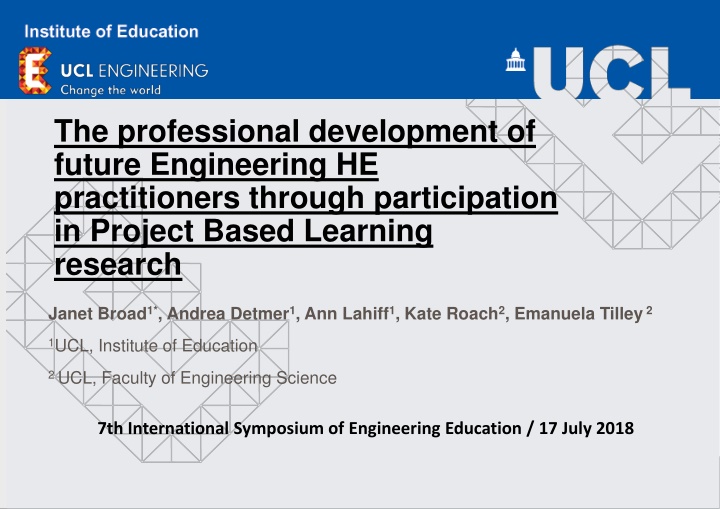
Professional Development of Future Engineering HE Practitioners
Enhance the professional development of Engineering practitioners through Project Based Learning. Explore forms of professional learning, including formal, non-formal, and informal approaches. Understand the significance of training, self-reflection, mentorship, and involvement in projects. Discover the challenges and opportunities in developing pedagogy for collaborative learning in engineering education.
Download Presentation

Please find below an Image/Link to download the presentation.
The content on the website is provided AS IS for your information and personal use only. It may not be sold, licensed, or shared on other websites without obtaining consent from the author. If you encounter any issues during the download, it is possible that the publisher has removed the file from their server.
You are allowed to download the files provided on this website for personal or commercial use, subject to the condition that they are used lawfully. All files are the property of their respective owners.
The content on the website is provided AS IS for your information and personal use only. It may not be sold, licensed, or shared on other websites without obtaining consent from the author.
E N D
Presentation Transcript
The professional development of future Engineering HE practitioners through participation in Project Based Learning research Janet Broad1*, Andrea Detmer1, Ann Lahiff1, Kate Roach2, Emanuela Tilley 2 1UCL, Institute of Education 2 UCL, Faculty of Engineering Science 7th International Symposium of Engineering Education / 17 July 2018
Overview Forms of professional learning The project* and PGTA involvement Findings Emerging philosophies and pedagogic approaches Conclusions and recommendations *UCL, Institute of Education seed-corn funded project: Fitness for purpose: developing the pedagogy of project-based, collaborative learning in engineering.
Forms of professional learning learning that occurs within an organised and structured context and that is designed as learning. It intentional from the learner s perspective Formal learning embedded in planned activities that are not explicitly designated as learning, but which contain an important learning element. It is intentional from the learner s point of view. Non formal learning resulting from daily life activities, often referred to as experiential learning and can be understood as accidental learning. It is not structured in terms of learning objectives, learning time and/or learning support. It may be intentional but in most cases, it is non-intentional Informal Colardyn and Bjornavold (2004)
Applied to STEM PGTAs generally Training led by the university (formal) Self-reflection and portfolio building (formal) Mentorship (non formal) Limitations with these approaches: Formal training can tend to address university policy rather than pedagogy (Burkel-Rothfuss and Gray 1991) (also similar for Further Education teachers (Broad 2015)) Self-reflection ignores the importance of learning in teams (Gast 2017) Mentorship new educators receive little feedback (Luft et al 2004) Informal through the seed corn project Gilmore et al (2014)
Formal training for UCL IEP PGTAs All PhD students are invited to apply for PGTA roles on-line New PGTAs Returning PGTAs Explanation of the IEP Teaching philosophy Their role in supporting students through teaching teams How to support students in the IEP Further module dependant training Further develop personal teaching portfolio for UCL Arena One HEA Fellowship programme Student team facilitation Assessment and feedback Large and small group teaching
The project Seed corn funded project investigated engineering undergraduate learning in the PjBL context offered by the Integrated Engineering Project (IEP) at UCL. Data collection November 2017 to May 2018. Seven disciplinary scenarios and one inter-disciplinary challenge were followed as part of the research. Engineering undergraduates were followed as they engaged in PjBL challenges and scenarios. Observations and in situ interviews with students, and focus group interviews.
PGTA involvement Six PGTAs were recruited to aid with data collection. So as to not confuse students as to the role of the PGTAs, they observed students who they had not supported in their PGTA role (different disciplines) Their induction began with initial training on their role and our approach to data generation, followed by co-observing with a more experienced researcher. The explicit intention was to bring in PGTAs as part of the data collection team. An unanticipated outcome was the impact on their pedagogic understanding. The data reported on here is that generated through the focus group interview with the PGTAs.
Findings Explored through the focus group Emerging from data Methodological insights Changing perceptions: Pedagogy PjBL insights The importance of boundary crossing and CoPs Practice insights
Changing perceptions: pedagogy (a wider lens) Situated outwith the teaching process enabled the PGTAs to observe the teaching and learning process more fully: There s a lot of things are in the detail that you wouldn t spot otherwise because you ve got such a big class. So, there s things that I probably wouldn t have thought about, lighting in the rooms . (PGTA D) And the more you observe the more you realise things and you re more used to spotting more things that you could have done differently (PGTA F) They recognized the benefits: I don t know, things like everyone needs to do that, [observe others] lecturer s and things, to observe their students and how they learn. Because you go in and you re so on it to teach someone but then you never take the time to think oh the team at the back of the hall with the dim light, they are falling asleep (PGTA F)
Changing perceptions: pedagogy (the learning process) For groups of students: every group will experience it differently and take something else away from it. (PGTA B) For individual students: But then when you talk to the students they re all you get a much bigger sense that they re all individual, a much better sense that when you ask them so what have you learnt and they all come out with a different answer. (PGTA D)
The importance of boundary crossing and CoPs PGTAs were initially tasked with observations outwith their own engineering discipline and they carried out observations and interviews in alternate disciplines which highlighted for them pedagogic differences. Group size Disciplinary pedagogy and ways of thinking in different disciplines
Group size I also found the size of the groups has a big influence. (PGTA D) In terms of own discipline: I went to Computer Science and everyone was groups of 3, and the lecturer there explained that he had seen over a few years if you have 4 you start to get slackers, if you have 2 they get overwhelmed, and 3 works . PGTA C And alternate disciplines: Contrasting Computer Science and Mechanical Engineering: [ ] when I went into Mechanical, much bigger groups, and when they were doing presentations or when their lecturers were discussing things with them there was always kind of one or two clear leaders. When I went into the Computer Science every single person in the group of 3 were all [ .] they were on top of everything. PGTA C
Pedagogy and ways of thinking in different disciplines I guess this really depends on the discipline . PGTA A A realization that for the Civil Engineers, planning for specific geographical locations enhanced their focus on ecological and ethical concerns: We saw in the IE meetings [planning meetings that all students were required to participate in] as well the cultural context I think, sustainability meetings, that especially Civil Engineers have a lot more context and awareness of where they were going to build something. (PGTA D) Observing an interdisciplinary scenario, PGTA A, a chemical engineer, explained plant and we need to think about location and all that stuff. Which he contrasted to Electrical Engineering students with a focus on circuits, on the coding, it s a lot harder for it to be like larger scale for a social experiment, social context, things like that.
Emerging philosophy and pedagogical approach to PGTA development Expansive learning organizations offer the opportunity to cross boundaries through diverse and wide-ranging opportunities that encourage a learning culture (Fuller and Unwin 2004; 2003) The importance of learning through participating in shared activity and through communities of practice (Lave and Wenger 1991, Wenger 1998) Which facilitates the development of skills and knowledge through legitimate peripheral participation , the process of newcomers moving from the periphery to the centre of activity to become old timers (Lave and Wenger 1991)
Conclusions and Recommendations Reported on here is in addition to the planned learning and development provided for and received by the PGTAs Builds on and compliments the training that PGTAs already receive It reinforces the argument that informal, accidental and non-intentional learning and development is an important and often overlooked aspect of professional learning The project suggests ways in which this can be structured and scaffolded for PGTAs: Opportunities to explore pedagogy and student learning through alternate lenses Opportunities to observe others in practice both experienced educators and students Opportunities to cross boundaries to other engineering disciplines Mostly, PGTAs work within teams (CoPs) which allow them to share practice and ideas. Focus on strengthening these to ensure boundary crossing and sharing of practice on issues of learning and pedagogy
Broad, J. (2015). 'So many worlds, so much to do: Identifying barriers to engagement with continued professional development for teachers in the further education and training sector'. London Review of Education, 13 (1), 17-30. Buerkel-Rothfuss, N. and Gray, P. (1991). 'Teaching assistant training: The view from the top'. In D. H. Wulff and J. Sprague (Eds), Preparing the Professoriate of Tomorrow to Teach: Selected Readings in TA Training (pp. 29-39). Dubuque, I.A.: Kendall/Hunt. Colardyn, D. and Bjornavold, J. (2004). 'Validation of Formal, Non Formal and Informal Learning: policy and practices in EU Member States 1'. European journal of education, 39 (1), 69-89. Fuller, A. and Unwin, L. (2004). 'Expansive learning enviroments: integrating organisational and personal development'. In H. Rainbird, A. Fuller and A. Munro (Eds), Workplace learning in context (pp. 126-143). London: Routledge. Fuller, A. and Unwin, L. (2003). 'Learning as apprentices in the contemporary UK workplace: creating and managing expansive and restrictive participation'. Journal of Education and Work, 16 (4), 407-426. Gast, I., Schildkamp, K. and van der Veen, J. T. (2017). 'Team-Based Professional Development Interventions in Higher Education: A Systematic Review'. Review of Educational Research, 87 (4), 736-767. Gilmore, J., Maher, M. A., Feldon, D. F. and Timmerman, B. (2014). 'Exploration of factors related to the development of science, technology, engineering, and mathematics graduate teaching assistants' teaching orientations'. Studies in Higher Education, 39 (10), 1910-1928. Lave, J. and Wenger, E. (1991). Situated learning: Legitimate peripheral participation. Cambridge: Cambridge University Press. Luft, J. A., Kurdziel, J. P., Roehrig, G. H. and Turner, J. (2004). 'Growing a garden without water: Graduate teaching assistants in introductory science laboratories at a doctoral/research university'. Journal of Research in Science Teaching, 41 (3), 211-233. Wenger, E. (1998). 'Communities of practice: Learning, meaning, and identity'. New York: Cambridge.



